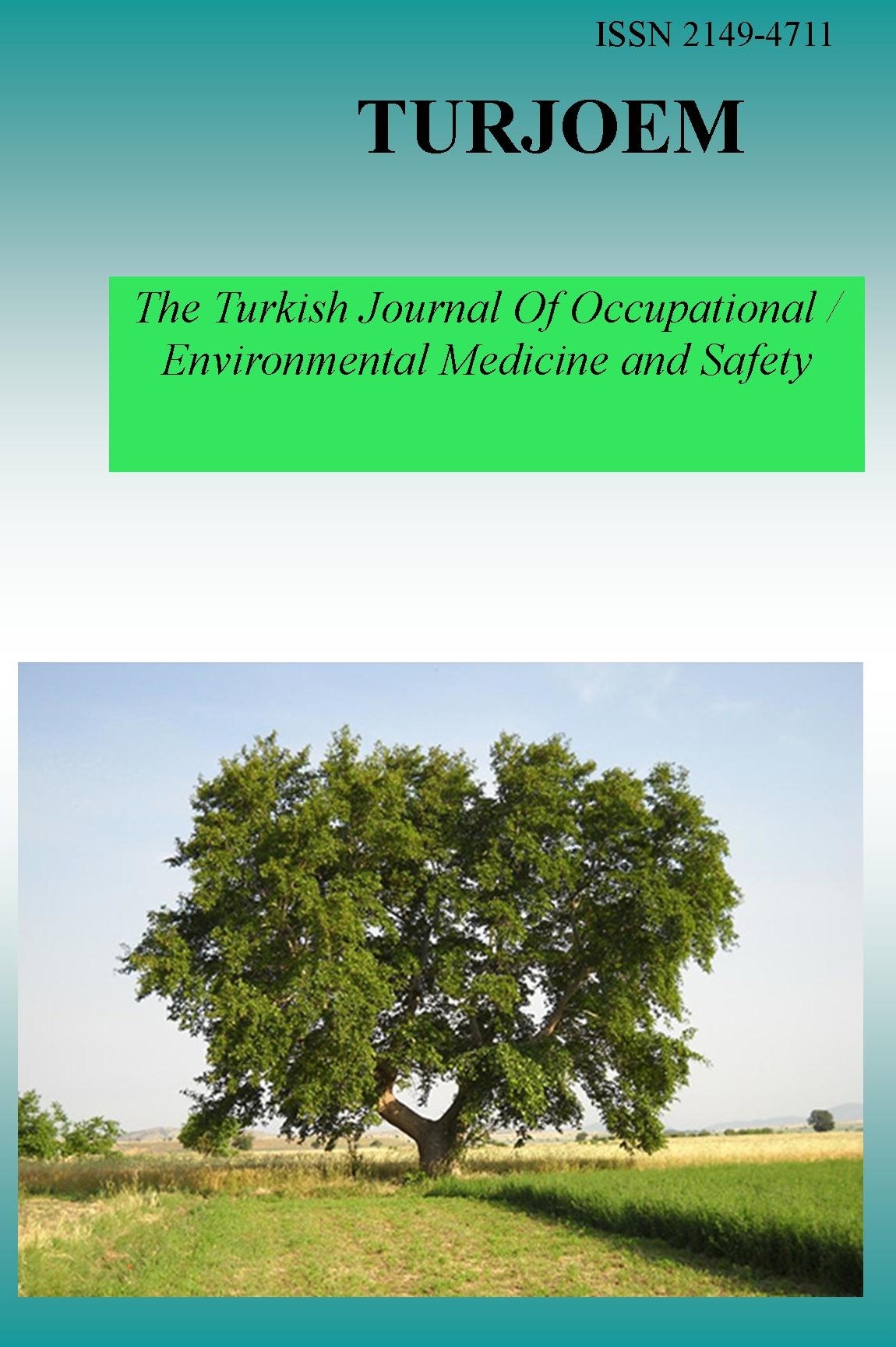ASSESSMENT OF THE PROTECTIVE EFFECTS OF ANTIOXIDANTS ON ACRYLAMIDE INDUCED TOXICITY IN RATS
ASSESSMENT OF THE PROTECTIVE EFFECTS OF ANTIOXIDANTS ON ACRYLAMIDE INDUCED TOXICITY IN RATS
ASSESSMENT OF THE PROTECTIVE EFFECTS OF ANTIOXIDANTS ON ACRYLAMIDE INDUCED TOXICITY IN RATS,
___
- Department of Toxicology, School of Pharmacy, Marmara University, Haydarpaşa-İstanbul, Turkey
- Department of Pathology Laboratory Technicianship, Vocational School of Health Related Services, Marmara University, Haydarpaşa-İstanbul, Turkey
- Department of Toxicology, School of Pharmacy, Medipol University, Kavacık-İstanbul, Turkey
- ISSN: 2149-4711
- Başlangıç: 2015
- Yayıncı: Engin TUTKUN
Gulibahaer REJIEPU, Zeliha KAYAALTI
MALIGNANT PLEURAL MESOTHELIOMA IN TURKEY DUE TO THE ENVIRONMENTAL EXPOSURE
"CRACK" COCAINE INDUCED MULTIPLE ORGAN DAMAGE
Oya GÜVEN, Feruza TURAN SÖNMEZ, Dilay SATILMIŞ, Harun GÜNEŞ
PROTECTIVE EFFECTS OF CARVACROL ON MORTALITY AND VASCULAR INJURY IN SEPSIS
Erdem Kamil OZER, Mustafa Tugrul GOKTAS
EVALUATION OF ARSENIC ISSUE FOR THERMAL RESORTS IN CENTRAL ANATOLIA
Gül Fidan YENEL AVCI, İbrahim AYDIN, Fatma ÇAVUŞ
COMPARISONS OF MIRTAZAPINE DETERMINATION METHODS WITH HIGH-PERFORMANCE LIQUID CHROMATOGRAPHY
Hatice ÖZCAN, Emrah DURAL, Sinan SÜZEN
INCREASE NITRATE AND TOXICITY IN GROUND DRINKING WATER RESOURCES IN DARFUR-SUDAN
TARGETING CYCLOOXYGENASE-2 WITH A TARGETED LIPOSOMAL FORMULATION FOR COLORECTAL CANCER.
THE EFFECT OF ARSENIC ON HUMAN CELLS AND PROTEINS INVESTIGATED USING SPECTROSCOPIC TECHNIQUES
